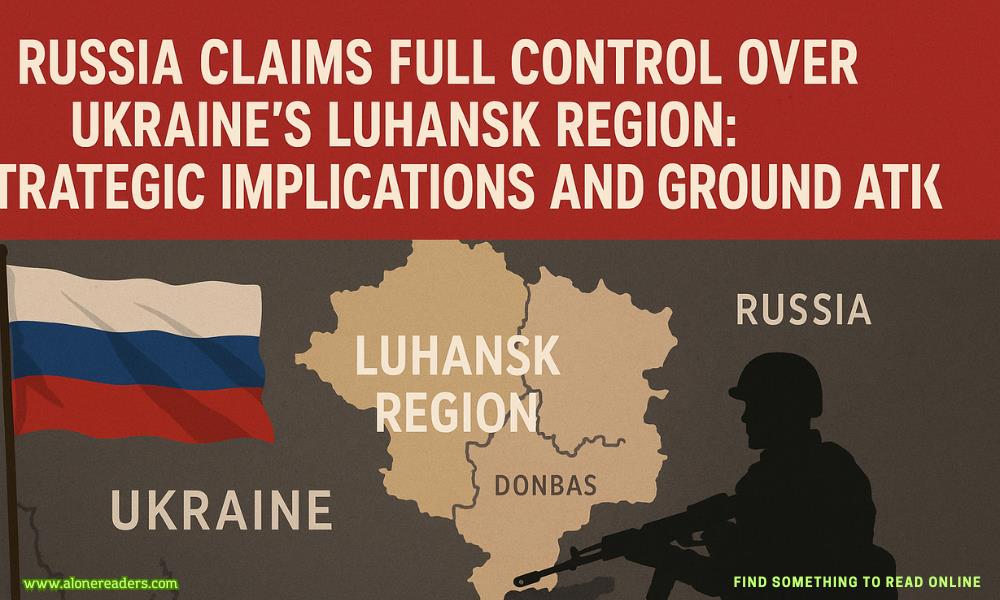Page 8 of #Moonstruck
He laughed.
He laughed and laughed like I was some toddler having a tantrum and he thought I was just adorable.
My chest was heaving, my face flushed. I wondered whether Fox would get fired if I smacked Ryan. Angie stepped in front of me like she knew what I was contemplating. She somehow managed to look both horrified and proud of me. “Let’s go. Nice to meet you, Ryan. Thanks for the picture.”
Before he could respond, I said, “Thanks for nothing, you, you ...” Angie didn’t let me finish and literally pushed me away from the room made of curtains and out the locker-room door. There was a different guard posted outside, which was good because I might have had some things to say to Fox about his poor job-choosing skills.
Angie kept quiet, clear up until we got to the parking lot. “Do you really still have that rule about not dating musicians?”
It was highly satisfying to slam my car door after we got in. “Yes. Now more than ever.”
The one consolation? I’d never have to see Ryan De Luna again.
The next day, despite being exhausted, I made my weekly visit to see Cynthia. After signing in, I followed the orderly out to the gardens. “Maisy’s here to see you, Cynthia,” he said with a calming smile. I thanked him, and he said he’d be nearby if I needed him, but I had this down to a science and didn’t foresee any trouble.
“Hey, Cynthia. Remember me?” I asked, sitting down next to the box where she was planting daisies, her favorite flower. I don’t know why I asked her that every time. The answer was always no.
She frowned, her brows furrowing over her chocolate-brown eyes. “I don’t, I’m sorry. Do I know you from school? They said I had an accident, and I have a hard time remembering things.”
“It’s okay. I brought you some brownies.” I offered her the covered plate and was rewarded with a huge smile.
Cynthia took off her gardening gloves and dropped them on the grass. She took the plate from me. “I love brownies! They’re my absolute favorite. My mom seriously makes the best ones. She said someday she’ll share her secret recipe with me.” She pulled back some of the tinfoil and broke off a small piece of a brownie to try. “Yours are pretty good. I don’t want to eat too much, though. Prom’s coming up soon, and I think Scottie Weinstein is going to ask me, and I’ve already picked out the cutest dress to wear. I just can’t put on any weight.”
Every time I came to visit, the doctors instructed me to play along, to not remind her that there would be no prom. That unless she had a miraculous recovery, she’d never leave this facility again.
“That sounds like a lot of fun. What is Scottie like?”
“Tall. Cute. Funny. But most important, he’s a drummer. In a band.” Despite her protests to the contrary, I noticed she had polished off an entire brownie, one tiny piece at a time. “I love musicians.”
That made one of us.
“And ... music. I love music. I mean, have you ever listened toAbbey Road? That album seriously changed my entire life.”
“I have. It’s cool.”
“Totally.” She nodded. We talked music for a while, which was what we usually did when I came to visit. It was a safe subject, something that didn’t agitate or upset her. Other acceptable topics included prom and how excited she was for it, or her gap year and how she planned on backpacking all over Europe. How her parents wanted her to go to Yale, but she wanted to attend Sarah Lawrence. It was exciting how well she communicated today. How smoothly our conversation flowed. That wasn’t always the case.
I glanced at my watch. Trial and error had taught me that even though she seemed perfectly fine, half an hour was about all she could tolerate. “It’s been great chatting with you, but I’ve got to get going. I’ll see you next week, okay?”
“Okay. Thanks for the brownies. Hey, what did you say your name was again?”
“Maisy.” The word caught in my throat because I knew what she was going to say next.
It was what she always said.
“Maisy? Really? That’s so random. That’s my mom’s name.”
“I know. You named me after her.” I whispered the words, not wanting to cause another meltdown where she would have to be sedated. There was nothing worse than seeing your own mother being held down, screaming hysterically, and not being able to do anything to help her.
“What?” she asked.
“I said that is random. And a fun coincidence. I’ll see you soon.”
I had to hurry up and walk away before I started crying in front of her. That usually set her off, too.
My mother had been diagnosed with a severe traumatic brain injury after she’d run her car into a telephone pole when I was fifteen years old. When she woke up from her coma, she thought she was eighteen years old and still living at home. She didn’t recognize her own children. Initially she was diagnosed with transient global amnesia. A woman in England had gone through something similar. She thought she’d gone to bed as a fifteen-year-old and woken up in a thirty-two-year-old’s body, but that woman had eventually recovered. The hope was that Mom would do the same.
My three brothers and I took her home, told her who we were. She didn’t believe us. She didn’t remember us. Seeing her reflection in a mirror spun her out of control. Fitz had just turned twenty-one, Parker was nineteen, and Cole and I were fifteen. We were all so young. None of us knew what to do, how to help her. Nothing worked. Not the psychiatrist’s visits, the medicines, multiple trips to the ER. The part of her brain that allowed her to form new long-term memories had been irreparably damaged. She was diagnosed with early-onset Alzheimer’s, in part caused by genetics and partly due to the accident. When she was lucid, she was Cynthia van der Bos, the year before she met my father. The psychiatrist suggested that her teen years had become a refuge for her mind, a safe place to forget about the horrific accident and what my father had put her through.
- Her Irresistible Husband by Marian Tee
- Bratva Past by Sam Crescent
- Unbroken by Jane Henry
- Tattooed Vow by Kat Steele
- Broken by Jordan Marie
- Pleasure Lessons by Jenna Rose
- Craved By Gray by Cassi Hart
- Road Trip With Her Daddy Protector by Lizzie Sparks
- My Tempting Mountain Man by Lizzie Sparks
- Text Me, Take Me by Flora Ferrari
- Twisted Fate by M. James
- Born in Sin by Shilpa Suraj
- Exposed by Samantha Wilde
- Beyond Repair: Part One by Y.V. Larson
- Eternal Pieces by Hana Meadows
- Special Agent Anastacia by Mimi Barbour







